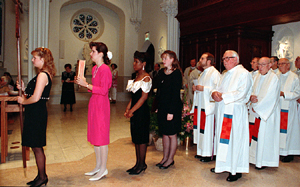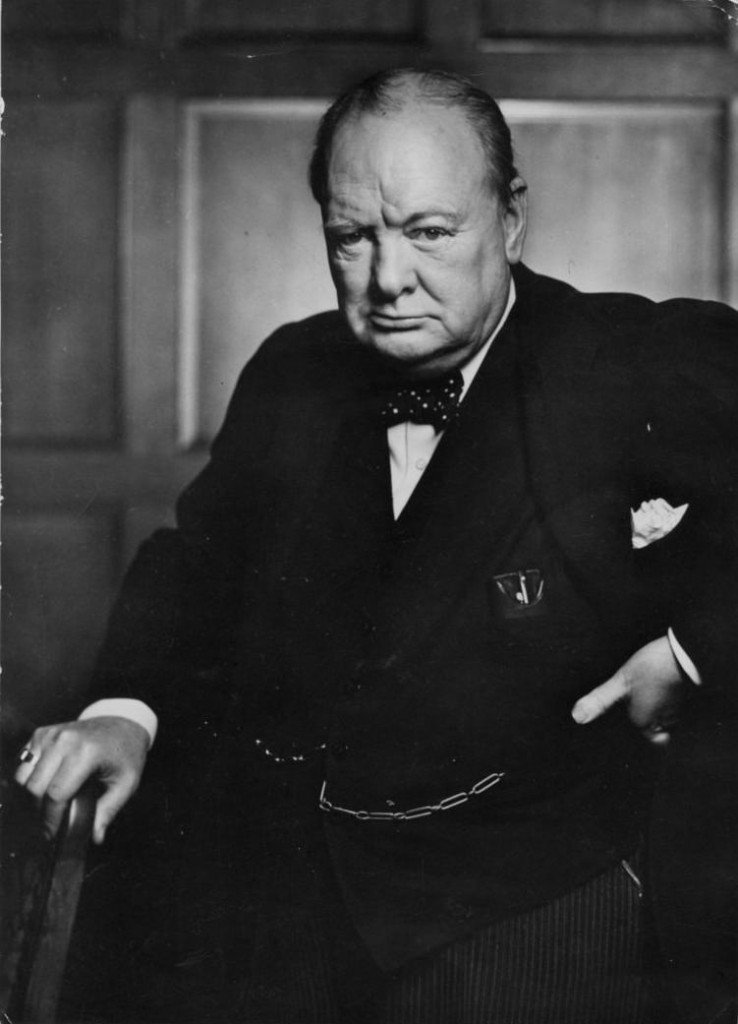The Prehistoric Working Woman
TODAY’S working mother model is deeply embedded in human nature. Our hunter-gatherer maternal ancestors may not have had briefcases or paychecks, but they also left their infants and young children in the care of others. Human child-rearing has always been cooperative. The woman who remains home with her children is doing something unnatural.
These are the key ideas in a new book, Mothers and Others: The Evolutionary Origins of Mutual Understanding by Sarah Blaffer Hrdy, according to Melvin Konner’s recent review in The New York Review of Books. Konner, the Harvard-educated pop anthropologist, writes:
[T]he working mother has always been a central part of the human scene, and the classic stay-at-home mom of 1950s television may have been limited to Western cultures in that era. Women gathered, gardened, farmed, fished, built huts, made clothing and other necessities, even hunted in some cultures, in addition to caring for children and performing other domestic duties. Mothers often could not discharge these duties without help. Our species is not unique in caring for offspring cooperatively, but our great ape cousins don’t do it, and we take it to extraordinary levels.
Konner’s review contains other staples of feminist anthrolopology. Men weren’t necessarily the earliest inventors. Women made sticks and infant slings but they were destroyed and these tools cannot be studied. Also, men were not dominant in hunter-gatherer societies. Decisions were made by “consensus,” but it was the views of women that were the most important. (more…)







